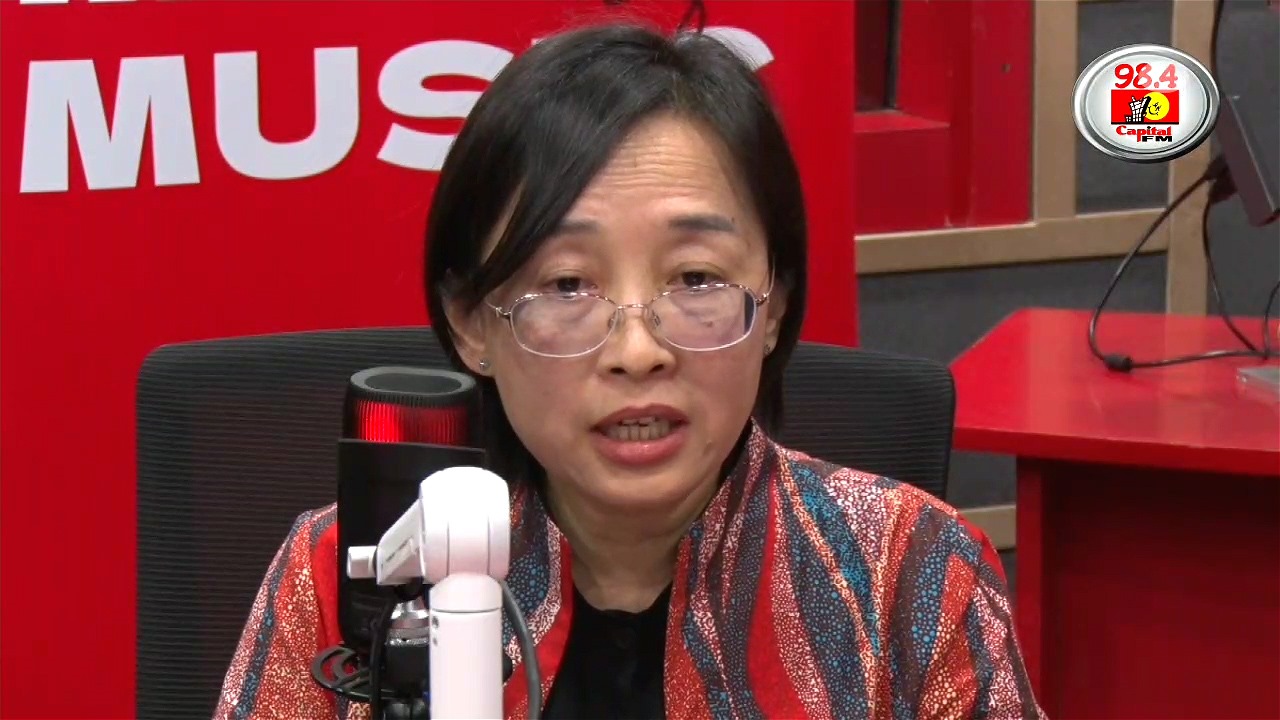
Chinese Envoy Dismisses Kenya ‘Debt Trap’ Narrative as “Completely False” » Capital News
NAIROBI, Kenya, Jul 30 – Chinese Ambassador to Kenya Guo Haiyan has dismissed claims that Chinese loans are pushing Kenya into a debt crisis, calling the widely circulated “debt trap” narrative “completely false” and misleading.
Speaking during an interview on Capital in the Morning, Ambassador Guo defended China’s development financing model, stressing that all loans extended to Kenya are based on mutually agreed development priorities aligned with Vision 2030.
She argued that claims suggesting China intentionally burdens Kenya with unsustainable debt are economically illogical and politically motivated.
“Any economic activity requires funds, and many countries—including developed nations—use financing as an important tool for development,” she said. “Rational and appropriate financing promotes economic and social progress; focusing only on negative effects while ignoring the benefits goes against economic common sense.”
The Ambassador clarified that China never imposes loans on Kenya or any other country, saying financing agreements are only entered into at the request of recipient governments.
“China provides loans only upon request and has never forced any country to borrow,” she said.
Guo also pointed out that China is not Kenya’s largest external creditor. Citing National Treasury data, she said multilateral lenders such as the World Bank and IMF account for 55% of Kenya’s external debt, commercial creditors for 23%, while China’s share is just 13%. She added that most Chinese loans are concessional, with interest rates below 3%, far lower than commercial market loans.
“It is unfair to portray debt owed to Western countries as investment while treating debt to China as a trap,” she said.
The envoy further dismissed claims that Chinese loans come with hidden political conditions, stating that no country has ever fallen into a debt crisis due to cooperation with China.
Highlighting the impact of Chinese financing, Guo said Chinese-funded projects have transformed Africa’s infrastructure landscape, citing over 10,000 kilometres of railway, nearly 100,000 kilometres of road, 1,000 bridges, 100 ports, along with major power plants, hospitals, and schools built across the continent, creating more than 1.1 million jobs.
She called for a depoliticised approach to Africa’s debt challenges, urging international partners to work collaboratively with African nations on sustainable solutions.
“The debt issue deserves attention but should not be politicised or used as a weapon by one country against another,” Guo said, calling on Kenyans to remain vigilant against the misleading ‘debt trap’ narrative.
The “debt trap diplomacy” theory, popularised in some Western circles, claims that China lends excessively to gain strategic leverage over countries unable to repay. However, multiple independent studies, including those by international financial institutions, have found that commercial loans, poor fiscal management, and global economic shocks play a larger role in debt distress than Chinese lending.
Kenya has benefitted from several major Chinese-funded projects, including the Standard Gauge Railway, Nairobi Expressway, and multiple energy and ICT projects. While these partnerships have drawn both praise and scrutiny, Nairobi maintains that cooperation with Beijing is vital to achieving its long-term development goals.